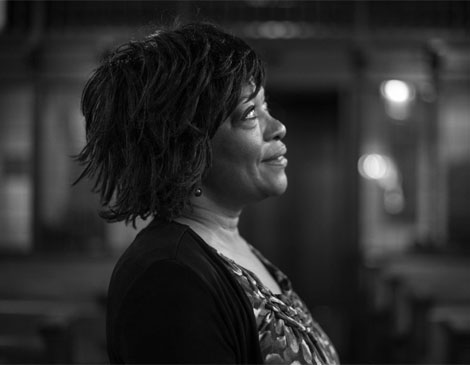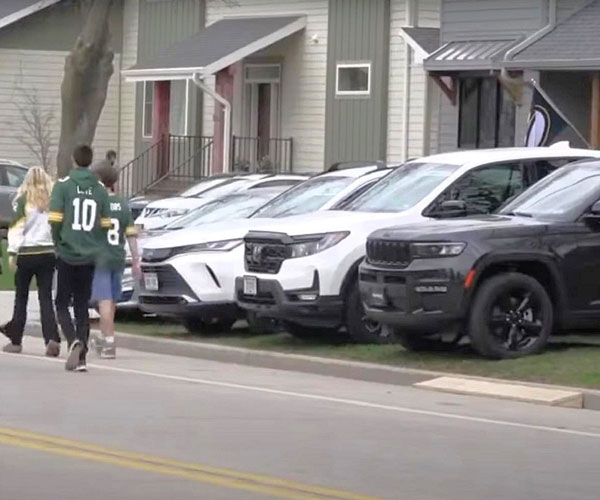In the ‘80s, inspiration struck poet Rita Dove and she sat down to write about her grandparents in Akron. After 20 semifictionalized poems, she realized she was really writing a book on marriage. Dove pictured critics skewering her: This is a story? Why didn’t she write poems? Instead, Thomas and Beulah won the 1987 Pulitzer Prize in Poetry. Now the former U.S. poet laureate returns to Northeast Ohio to celebrate that landmark book and read from her new Collected Poems 1974-2004 ($39.95, W.W. Norton & Co.) at the Maltz Performing Arts Center Sept. 14. “I loved the way Northeast Ohioans just kind of go and get things,” Dove says. “[Thomas and Beulah] was basically my love letter to my family and to my town.” We chat with Dove about picking other award winners and writing now.
Q: You’ve expressed mixed feelings about Collected Poems. What does it mean to you?
A: A lot of the main events of our lives pass quickly, and you just don’t realize while you’re doing something what you’re doing. What this has done for me is to remind me of all the changes that I’ve gone through. I feel immense gratitude for having an editor and a publisher who said it was time, because when I first thought about it, that’s when I said that it was like a tombstone. But you keep going; you never stop.
Q: You’ve been on the jury for the Anisfield-Wolf Book Awards, which honor diversity in literature, for 25 years. In today’s racial climate, what is the significance of the awards?
A: We need to say, “Look, do not turn your head and pretend that everything is all right.” I contend that in the time that we are living now, almost any author that’s worth his or her salt is dealing in some way with this problem. If you’re writing about the world that’s in front of you, now we are really wrestling with the questions of diversity and the reaction to it.
Q: You’ve written poems about Trayvon Martin and Ferguson, Missouri. How do you respond to these tragedies as a poet?
A: That sense of being the voice of the people is what I feel right now — that you cannot stay silent. I’ve had people say to me, “I’m glad you said that, I felt that way.” I feel that I have a duty to respond as a citizen, just as a human being, and then I also have a duty artistically to be able to write about it in a way that can reach out to the community.
Q: What’s your favorite part of writing?
A: The best part is in the middle when I’m muddling through it and going through woe or despair. In the middle, I have the feeling of I’m on my way and I’m not quite sure where I’m going to end up. I feel like I’m getting closer to what I mean to say or what I felt.

Rita Dove Waxes Poetic About Her New Poem Collection
in the cle
10:00 AM EST
September 13, 2016



